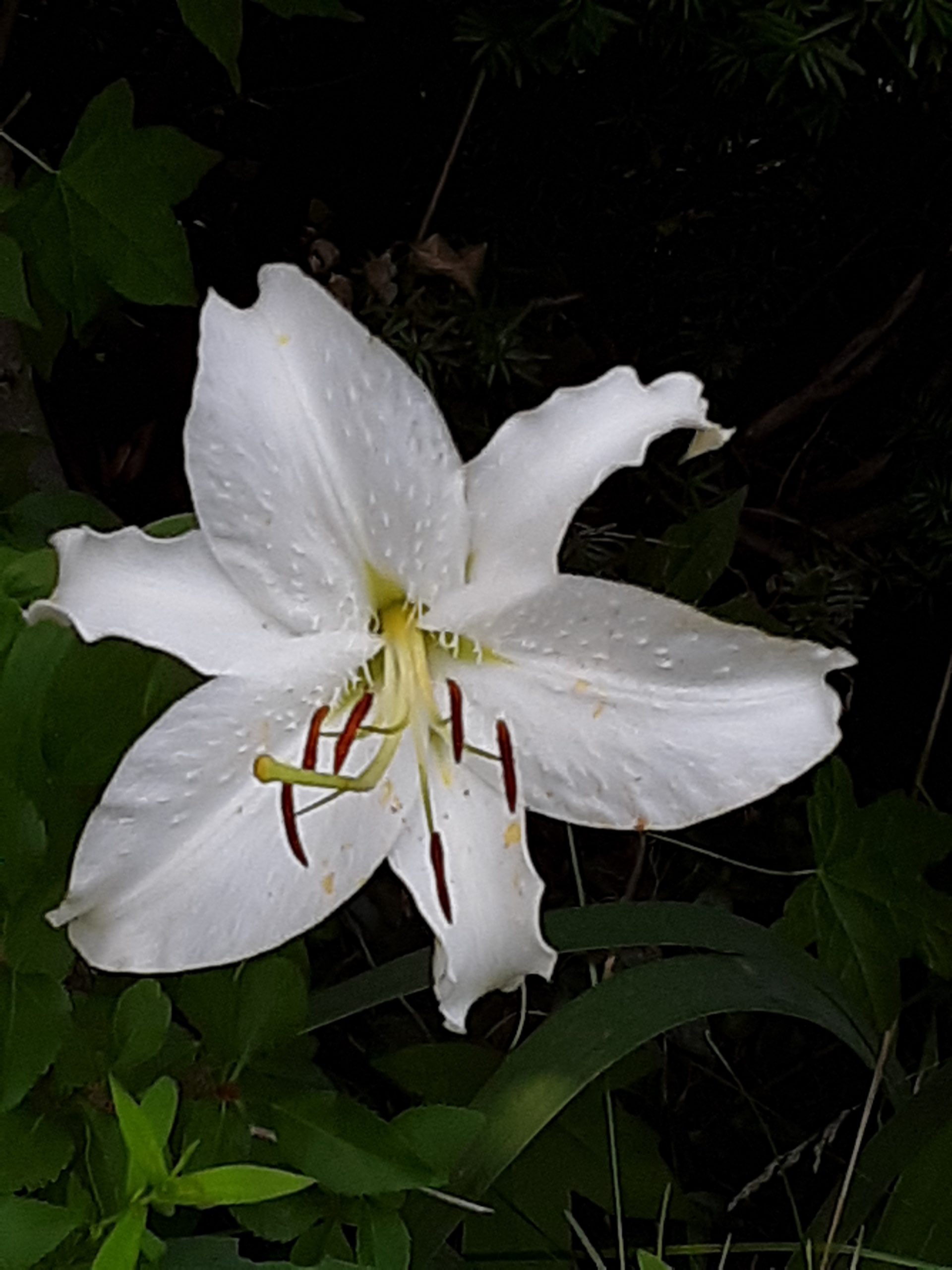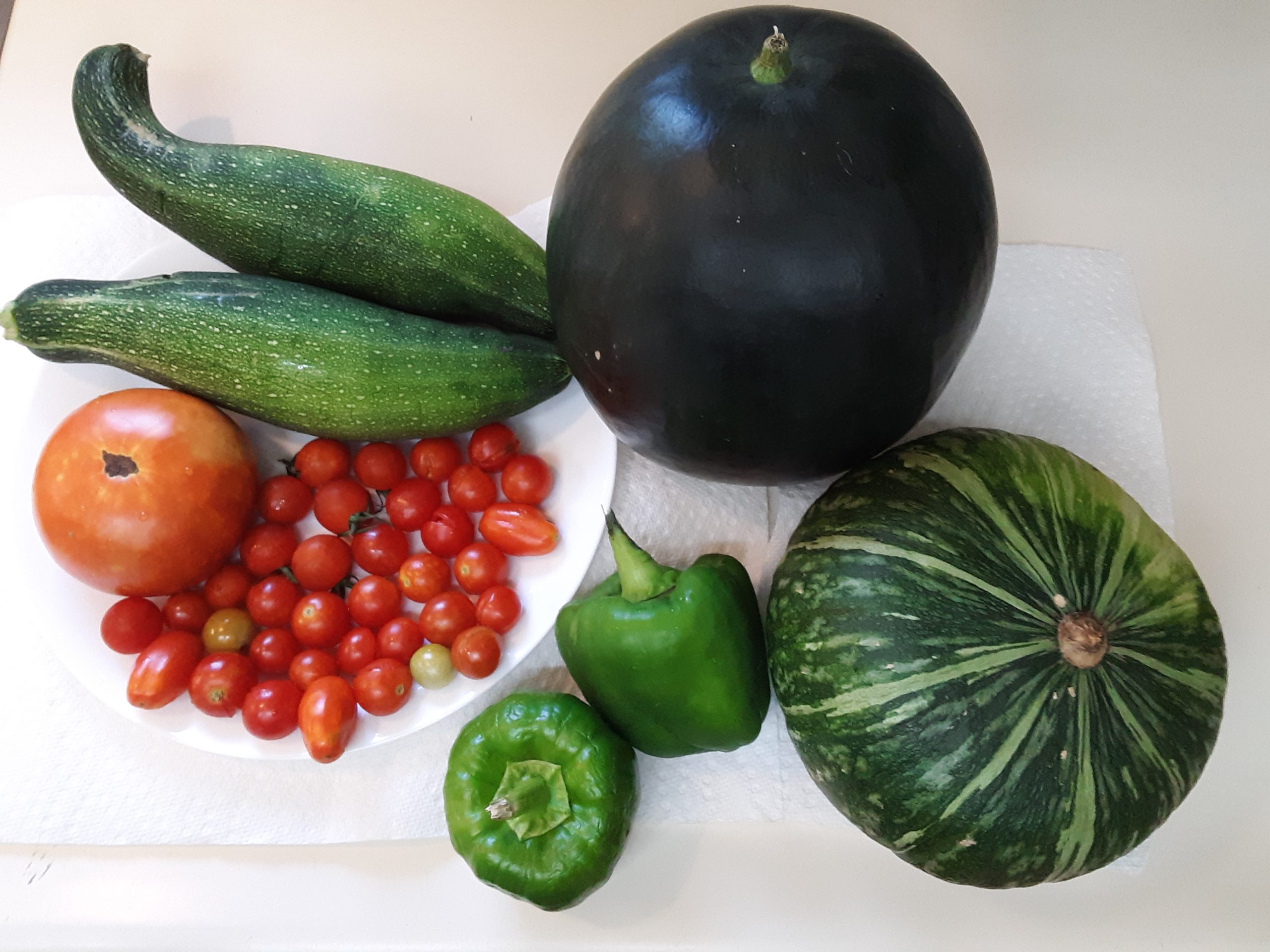.
Holiness Is Essence: Triple Collective Pure Precepts
.
Boddhi-sattvas, awakening beings, take the Sixteen Precepts consisting of the Triple Treasures, the Triple Collective Pure Precepts, and the Ten Grave Prohibitory Precepts. The Triple Collective Pure Precepts are unique in embracing all prohibitory precepts, all good dharmas, and all beings.
These are reflections and restatements of the Four Universal Vows to save living beings, however numberless they are; to abolish defilements, however inexhaustible they are; to learn dharmas, however boundless they are; and to achieve the Awakened Way, however unsurpassable it is.
These are the reflections and resume of the Common Teachings of All/Seven Buddhas to do no wrong actions, to do good actions, and to purify one’s own mind (citta, lit. accumulated, karma), because these are to still karma, settle in nirvana, and see the Dharma, severing self-centeredness.
The Brahma’s Beseech Scripture says that the Buddha observed that the world is destined to perish, unless he strives to share the Awakened Way with all, which is vowing to save all beings as a bodhisattva, as an awakening being (originally meant to attain awakening personally, but now awakening with all).
July 18, 2023 C.E.
Note:
- To Embrace and save all living beings is the truly unique, universal aspiration of bodhisattvas (the word originally meant those who aim at awakening, but after Buddha Gotama’s activation of awakening to the Dharma of Dependent Co-origination, those who live awakening as the Gotama lived, with all, to put it into action).
- Religions aimed to reunite (from Latin religare) with the holy (wholly wholesome), but the whole has been limited to the size of religious views (churches, clans, tribes, races, etc.), not all humans and living beings, etc., due to the rule of deities, Dei, Deva, Dao, etc. If it is not holy, like fundamentalism, nationalism, etc., it is not true religion, but sinful (sick, selfish: sin = separation, cf. asunder, sundry).
- Dogen said, “If not with all, it is not the Awakened Way, not the Great Vehicle. The Buddha told the story of King Mirror letting people who were born blind feel a great elephant and report what they found. They claimed their partial views (it’s like a snake, a hose, a pillar, a wall, etc.) were true, and they fought for their views. Humans are doing the same with their limited views and actions, creating the global problematique – interrelated global problems such as war, global warming, nuclear holocaust, etc.
- Bodhisattva Gotama (who aimed awakening personally) became the Buddha (Awakened One in the Dharma of Dependent Co-origination) and became a Bodhisattva (who is awakening together with all by the true understanding of the Dharma). Praty-eka (Sanskrit meaning Per-one/Pacceka in Pali) Buddha is misinterpreted (as Praty-aya, Per-coming/Paccaya: Dependent) as the Buddha who become awakened to the Dharma of Dependent Co-origination. If so, what is the difference between Buddha and Pratyeka Buddha? Pratyeka Buddha means Personal (Individualistic) Buddha, not going into the world to share the deeper significance of the Dharma of Dependent Co-origination.
- The Seven Buddhas’ Common Teaching is in the Dhammapada 183 – 185:
Sabba pāpassa akaraṇaṃ, kusalassa upasampadā,
Sacitta pariyodapanaṃ, etaṃ Buddhāna sāsanaṃ.
The Dhammapada 183
- Citta (will, volition, lit. accumulated, of karma) can be purified (calmed/cleared) by stilling karma, settling in nirvana, and seeing the Dharma, like water in a bowl becomes calm and clear, reflecting the world as it is, by the bowl becoming still.
- Pailutien, a famous poet who practiced meditation, honorarily visited Rev. Daolin (nicknamed Rev. Bird-nest, because he sat in meditation atop a tree), who was living in his newly appointed state, and finding him high above the ground, unwittingly shouted, “You are in danger!”
Daolin said, “YOU are in danger!”
Pailutien said, “I’m the newly appointed governor here with no danger.”
Daolin said, “Delusion is burning like firewood – why not in danger?”
Pailutien said, “What, then, is the Buddha’s teaching?”
Daolin said, “No wrong doing, Doing Good!”
Pailutien, “Such is known even by a child of three.”
Daolin, “Even if a child of three may know it, even an old man of eighty can’t do it.”
聖(全体健全)が本質:三聚浄戒
菩薩、求道(覚道)者、は三(宝)帰依、三聚浄戒、十重禁戒からなる十六条戒を受けます。三聚浄戒は一切の律議戒、善法、及び衆生を摂受するということに特色があります。
これらは「衆生無辺誓願度(無辺の衆生も済度すると誓願し)、煩悩無尽誓願断(無尽の煩悩も断じると誓願し)、法門無量誓願学(無量の法門も学ばんと誓願し)、仏道無上誓願成(無上の仏道も成就せんと誓願する)」の四弘誓願の反映であり再説です。
これらは「諸悪莫作、諸善奉行、自浄其意(是諸仏教)」の諸・七仏通戒偈の反映であり要諦です。なぜならこれらは業を静め、涅槃に安住し、法を見、自己中心を断ずるからです。
梵天勧請経ではブッダ(覚者)は自分が一切と覚道を精進して分かち合わなければ世界は滅ぶことになると観察したと言っていますが、これは菩薩として(原初は個人的に覚りを得る意味でしたが、今や一切と共に覚るという意味になりました)一切を救う誓願をしたのです。
2023共通年7月18日
註
- 一切衆生を摂受するとは真に特異な普遍的な菩薩(原初は覚りを追求する者の意味でしたが、ゴータマ・ブッダが諸法の法の覚りを実践した後はゴータマが一切と共に生きたように、それを実践する者達の意味になりました)、覚りを生きる者達、の願です。
2. 宗教(religion)は聖(holy = wholly wholesome:全体健全)に再結合する(ラテン語religare)ことを目指したのですがその全体は、諸神格(太陽神のような自然神など)、神(原意は光)、道などの支配領域のため宗教的諸見解の大きさに制限されて来て、一切人類、一切衆生などではありませんでした、原理主義、国家主義などのように、聖でなければ真の宗教ではなく、罪(病的、自己中心的、罪=分離、参考: sin = separation, cf. asunder, sundry)です。
3. 道元は「一切でなければ覚道ではない、大乗ではない」と言いました。ブッダは鏡面王が生まれつき盲目の者達に大象に触らせて分かったところを報告させました。彼らは(蛇、ホース、柱、壁などと)部分見を正しと主張し自らの見解の為に争い合いました。人間達は自らの限られた見解と行動で、地球問題群―戦争、地球温暖化、核ホロコーストのような相互に関連する諸問題―で同じようにしています。
4. 菩薩としてのゴータマ(個人的覚りを目的とした)は(縁起の法に目覚めたブッダ(覚者)となり(法の真の理解によって一切と共に覚るという)菩薩になりました。個人的ブッダ(Praty-eka :Sanskrit meaning Per-one/Pacceka :Pali) は (縁:: Praty-aya, Per-coming/Paccaya: Dependent: Pali)と混同され(縁起を理解する者として)縁覚と誤訳されています。もしそうなら、覚者と縁覚の違いはどこにあるのでしょうか?独覚(とも訳される)とは個人的(自己中心的)ブッダで、縁起の法のより深い意義を共有するために世界と共にある者ではありません。
5. 七仏通戒偈は法句経183(-185)にあります:
Sabba pāpassa akaraṇaṃ, kusalassa upasampadā,
Sacitta pariyodapanaṃ, etaṃ Buddhāna sāsanaṃ.
一切の悪行為をおこなわないこと。善に至る(善行為をおこなう)こと。
自らの心を清めること。これが仏陀たちの教戒である。
6. 「自浄其意」の意は意志(意欲)(citta、原意は累積、業の累積)が本来の意味で、意は通常manas (思考)の訳語。累積業である意欲は業を静め、涅槃(止業)に安住し、法を見ることにより、お椀の水がお椀が静止すれば水は静かに透明になり、世界をありのままに映すように、浄化できます。
7. 有名な詩人であり瞑想を実践していた白楽天は、地方長官として赴任した地にいる鳥窼尊者道林を表敬訪問しましたが、地上高くいるのを見て思わず「危ないぞ!」と言いました。
道林「お前こそ危ないぞ!」
白楽天「私はここの新任の長官で、危ないことはない。」
道林「煩悩が薪の燃えるように燃えている、危くない筈はない。」
白楽天「では、ブッダの教えは何だ?」
道林「悪を為さず、善を為す。」
白楽天「そんな事は三歳の子供でも知っているわい。」
道林「三歳の子供も知っても、八十歳の老人でも出来ないのだ。」
.
.
.
.
.
.
.
.
.
.
.
.
.
.
.
.
.
.
.
.
.






